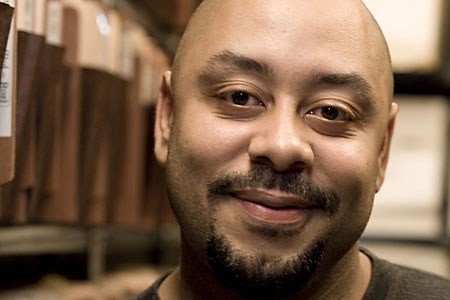
Raymond Santana
In April, 1989, a crime wave was happening in New York’s Central Park. Among the assaults and petty robberies was a brutal rape of Trisha Meili, an investment bank executive who was jogging in the park.
The police rounded up a group of young black and Hispanic juveniles whom they believed to be involved in the muggings and charged five of them with rape, sexual assault, and attempted murder. After almost two days of nonstop interrogation, several members of the group confessed to the rape, even though there was no physical evidence connecting them to the crime scene. Years later, the men recanted their testimony and an already convicted rapist and murderer who had not been arrested during the original police sweep confessed to the rape of Meili. DNA evidence later confirmed the confession, and the Central Park Five were released in 2002.
The case attracted the attention of the Innocence Project and of documentary director Ken Burns, who produced a film about the case in 2012. This year, Netflix released When They See Us, a four-episode mini-series about the case directed by Ava DuVerney. When They See Us garnered 11 Emmy nominations for DuVerney and the cast.
On Saturday, November 16th at 11:00 a.m., Mississippi Boulevard Christian Church will host a screening of When They See Us. Afterwards, there will be a panel discussion on “Criminal Justice Lessons Learned From The Central Park Five” with Raymond Santana, who was one of the wrongly convicted juveniles; Rhodes College Urban Studies and Africana professor Duane Loynes; State Senator Raumesh Akbari; public defender Phyllis Aluko; and Josh Spickler, executive director of Just City.
When They See Us Screening Connects The Central Park Five Case With Contemporary Social Justice